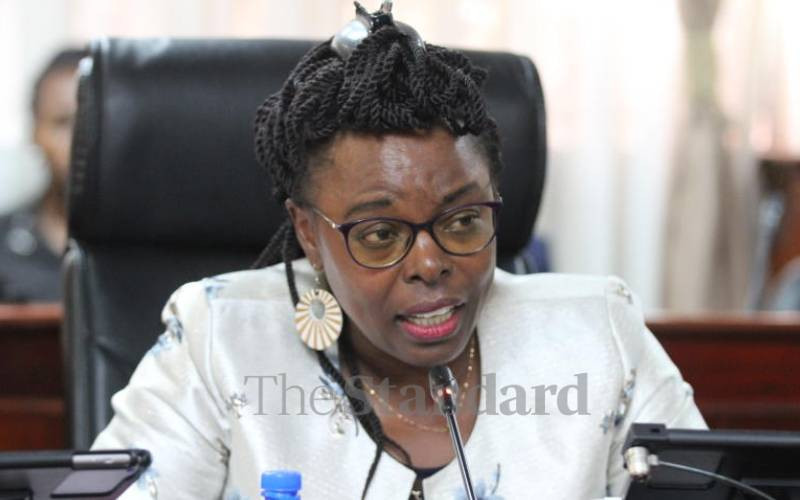×
The Standard e-Paper
Join Thousands Daily

Any talk of devolution, and counties will likely feel incomplete without the mention of pending bills.
Over the last decade, the counties have engaged contractors to undertake different development projects but their payments to the companies has failed to keep pace with the contracting.







